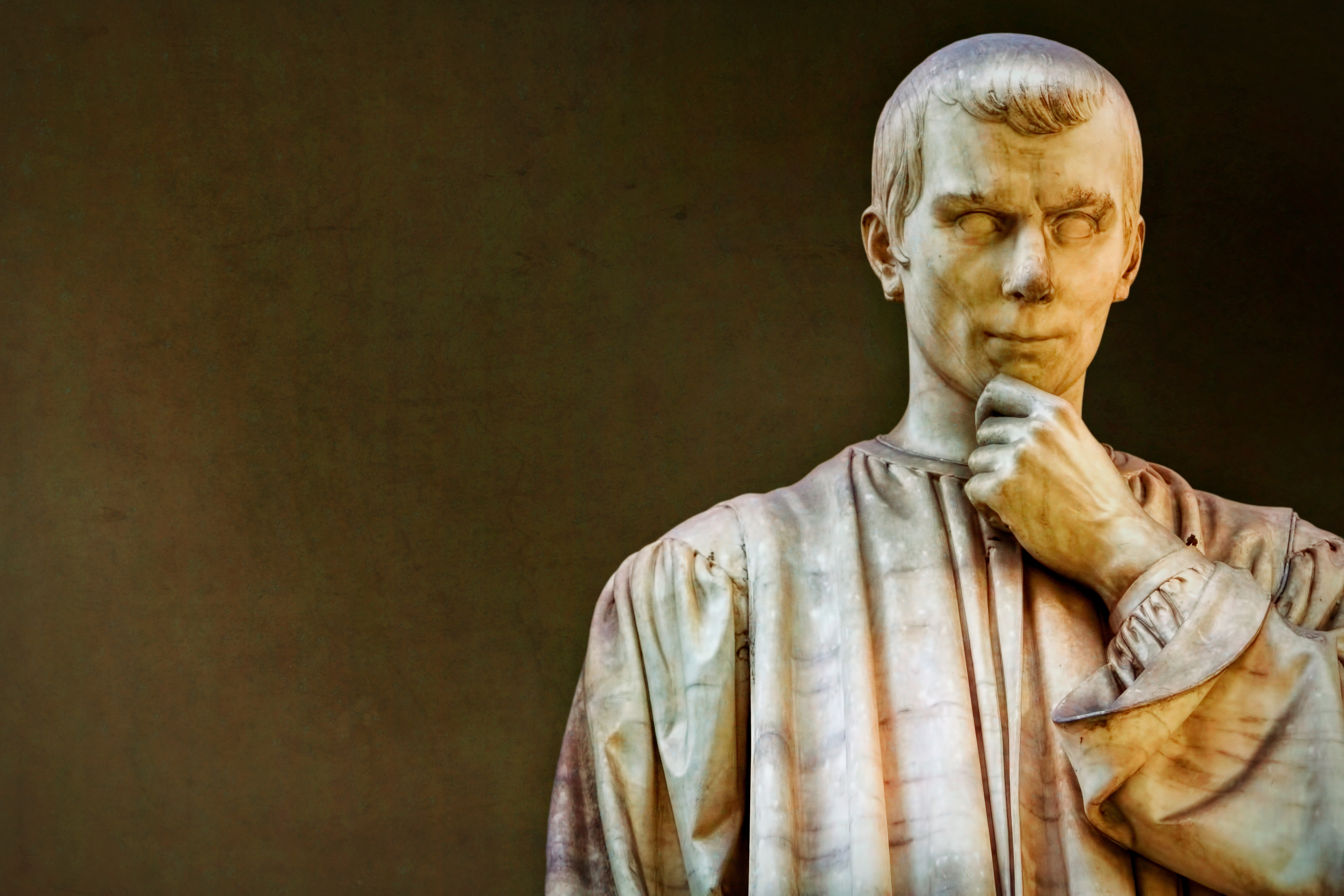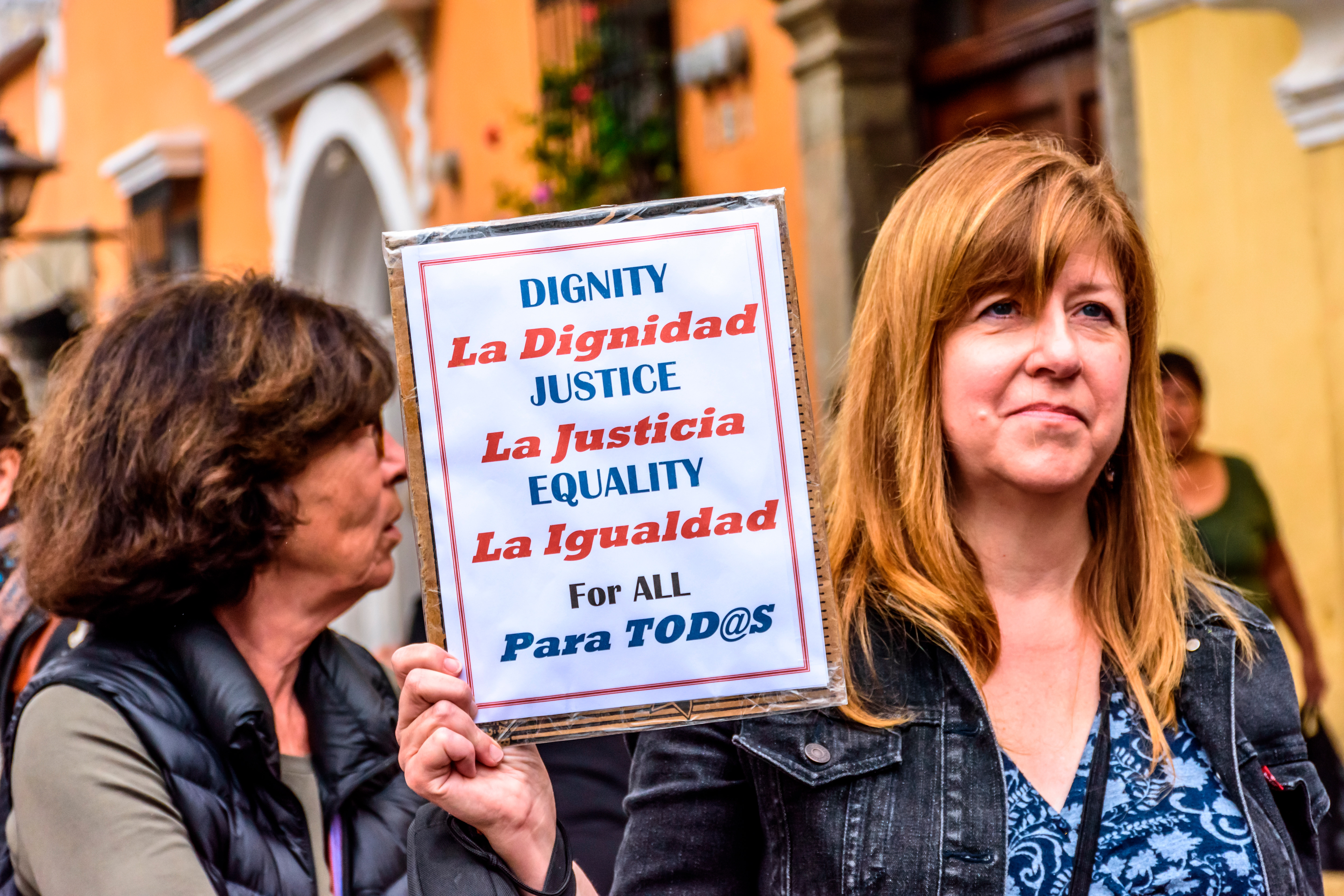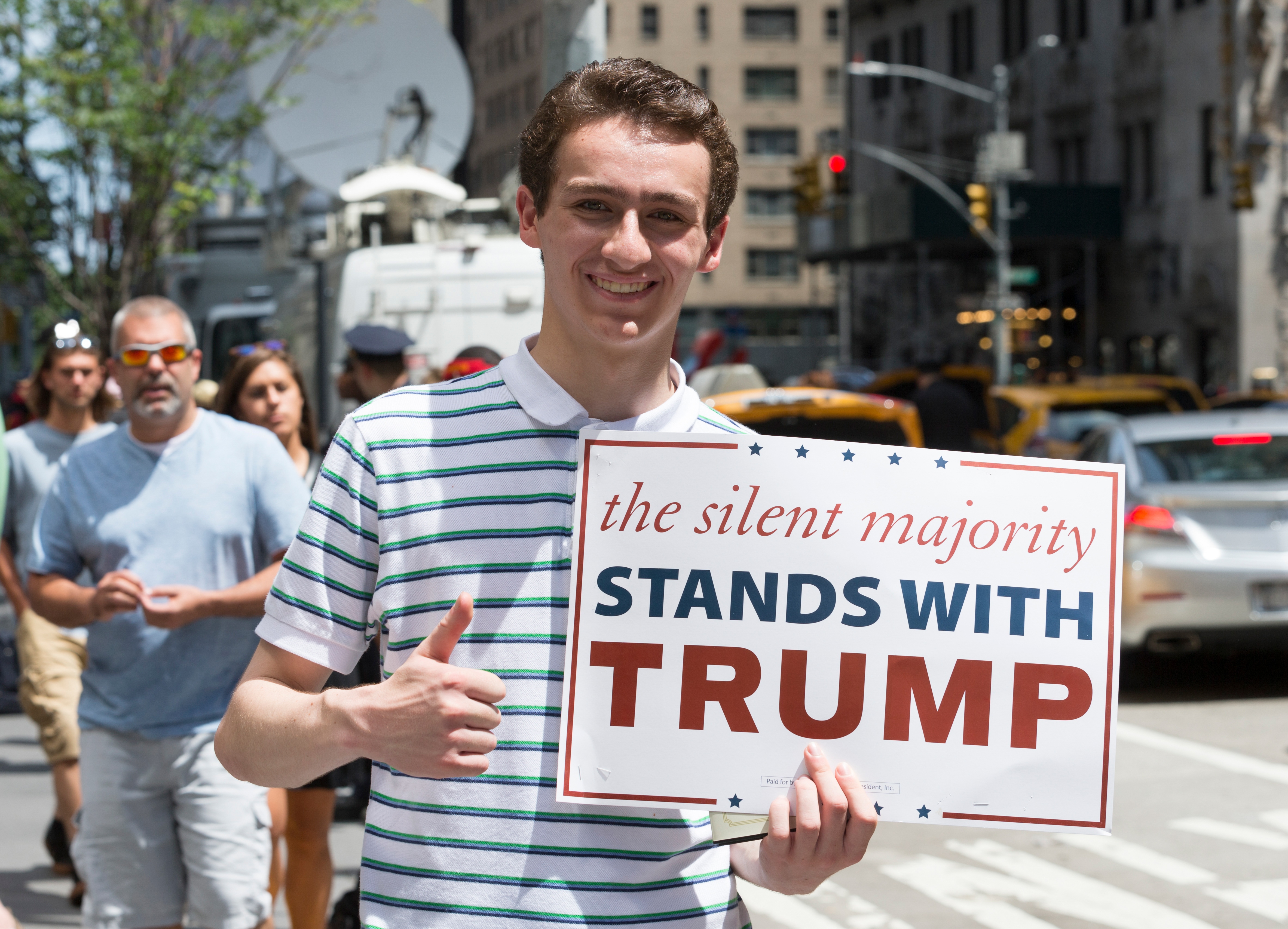This assumption is very old in our philosophy. Plato did not have much respect for the leader or the educator who used emotions to reason. The use of emotions in the political sphere and the public sphere has always been deemed counter-democratic. Machiavelli, when advising the prince on how to control his subjects, put fear at the centre of his mode of governance. He suggested that the best way would be to invoke fear and love in his subjects.
Democracy in danger: how emotions affect grievances and politics
Professor of Sociology
- The use of emotions in politics is considered counter-democratic, but emotions are built into politics.
- Minorities are increasingly giving voice to long-held grievances.
- A rhetoric has emerged in which the majority feels oppressed by the minority.
- Mutual grievances have led to the extreme polarisation of politics.
Do emotions belong in politics?
One of the chief assumptions of liberalism, at least a certain strand of liberalism and democratic theory, is the hope that the public sphere would be governed by reason: specifically, deliberative reason. The fact that citizens can each express what they think would generate the process in which, through argument and disagreement, they would discover the truth together.

Photo by ArTono
But if you had to choose, you should choose fear over love because through fear, you can at least have social order. We have come to view this kind of advice as being antithetical with a democratic way of conducting our political affairs. That is a mistake. Emotions are never far from politics; in fact, they are always built within politics.
The politics of grievance
In the last decade, what we have observed is general agreement on grievance. Grievance seems to characterise a lot of countries. It has come in the form of people voting for Trump or for Brexit: people voting for candidates who seem to reject the traditional ways in which politics are done. Many people use the word “anger” to refer to some of the processes that have been happening in many countries, when “grievance” is more appropriate. A grievance is a long-lasting anger, and it is one that invokes a higher principle. And many groups in many societies are finding reasons to have a grievance.

Photo by Lucy.Brown
The first and the most obvious groups are the minorities who have been claiming equality and recognition of their dignity. Their voice has been increasingly heard because while we have norms of equality that have expanded and deepened, quite often, the implementation of these norms has been elusive.
Take the example of women or of African-American people in the United States. The wage disparity between whites and Blacks in the United States has increased in the last 30 years, not decreased. Meanwhile, most of the new fortunes and the so-called one per cent is male. Although there has been some movement of women inside society, the structure of ownership has remained predominantly masculine. So, even when norms of equality increase, this doesn’t mean that there is a significant change in the relationship of domination between these groups. And the disparity between these two facts is a source of great grievance.
Angry white males
Secondly, there are the people who, as a consequence, think they have lost or have indeed lost their privileges. Think about the so-called white males. White males used to have many privileges. They used to have steady jobs and they used to be able to count on the service of women. But this is no longer the case, especially for working-class men.
There are working-class men who have seen their privileges undercut and who mistakenly think that minorities are advancing further than they themselves. These groups of white men are becoming increasingly angry, giving us the phenomenon of the “angry white male”. It is not by accident that these angry white males are the ones who voted in very high numbers for Trump or for Brexit.
A third group which also has strong grievances are the middle classes. The middle class in America, like the working class, faces salary stagnation and has tremendous difficulties acquiring property – which they did not have in the past – and tremendous difficulties putting their kids through college. These segments of the middle class and the working class have seen the conditions of their lives greatly diminish. In addition, in some countries like Italy, many small factories and small businesses have been bought out by Chinese entrepreneurs. It is easy to see how these facts can feed into an anti-foreigner, anti-immigration rhetoric and fit into a sense of grievance.
Do majorities feel threatened by minorities?
Finally, another interesting element that has become common in Israel, the US, England, Hungary and elsewhere is a sense of grievance by the majority towards the minority. In democratic theory, there is always a fear that the majority can become abusive of minorities. So, democracies take great precautions to prevent the dangers of majoritarianism.

Photo by Lev Radin
But in the last decade, we have seen the emergence of a rhetoric in which the majority feels oppressed by the minority. In fact, this rhetoric has played an important role in Trump’s platform. This is how a lot of Trump supporters view themselves: as the valiant warriors against a minority culture that is increasingly oppressing them. The wars around political correctness are also about trying to inverse and reverse the relationship between majority and minority, where the majority is now claiming that it is under the duress and harassment of the minorities.
All of this is to say that first, emotions can never be taken out of the democratic process; they are part of it. Second, this particular historical moment is one in which many groups, for different reasons, have articulated a sense of grievance against each other. And the extreme polarisation of politics in many places worldwide is about that sense of mutual grievance.
Discover more about
Emotions and politics
Cabanas, E., & Illouz, E. (2019). Manufacturing Happy Citizens: How the Science and Industry of Happiness Control our Lives. Polity.
Geiselberger, H. (Ed.). (2017). The Great Regression. Polity.